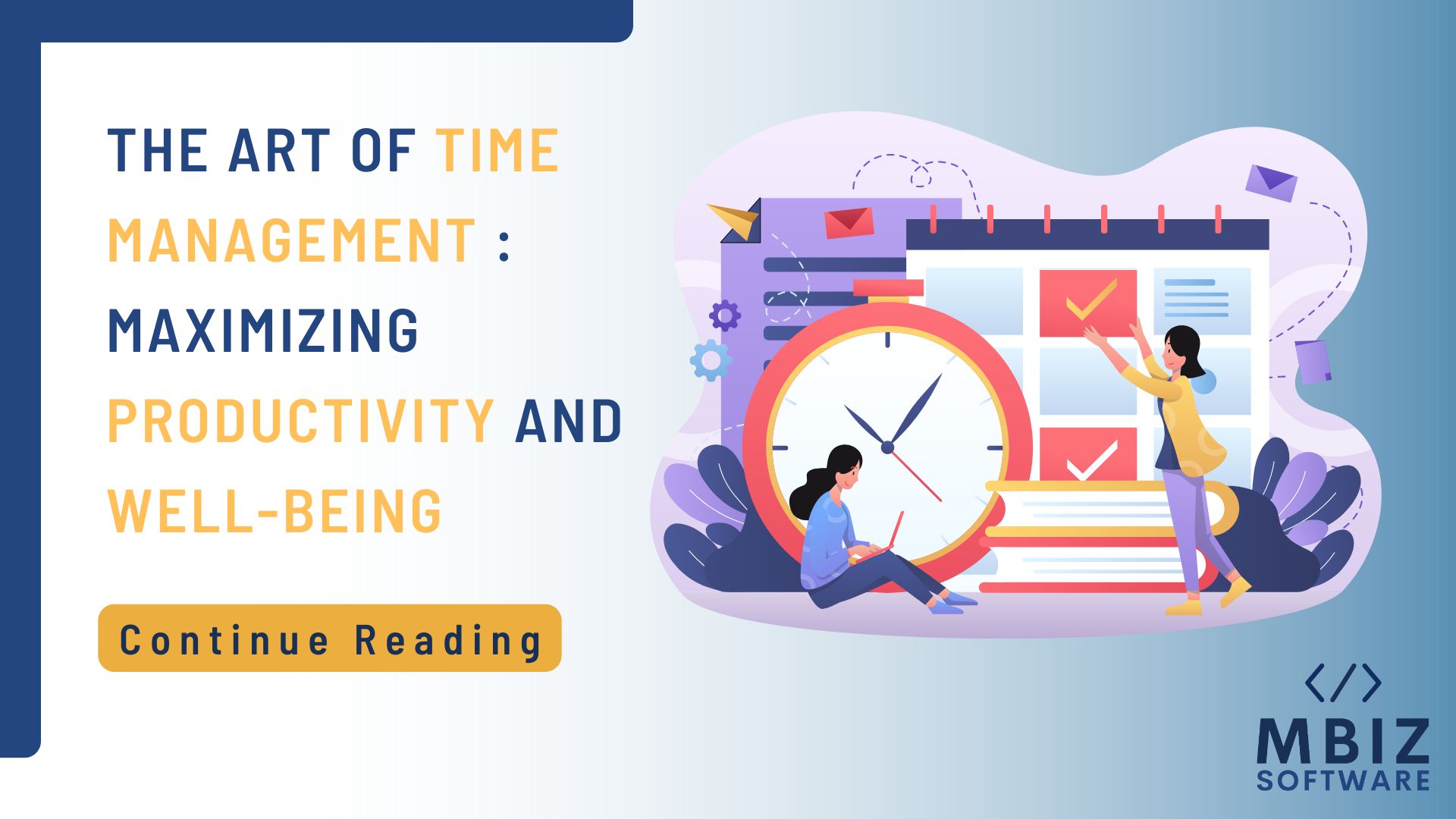Effective time management is essential for maintaining a healthy balance between our commitments and ensuring we still have time for ourselves. Whether we’re a student, a professional, or managing a household, mastering time management can greatly improve our effectiveness. Here’s how we can start:
Prioritize our Tasks
Effective time management begins with prioritizing tasks. Focus on the most important ones first to direct our time and energy toward meaningful goals. This establishes the foundation for effective time management.
Use a Planner or Calendar
Once we’ve prioritized our tasks, the next step is to organize them. organize them using a planner or calendar, either digital or paper. This helps visualize tasks and deadlines, allowing us to create a structured daily plan. Including breaks and personal time prevents burnout, and reviewing our schedule daily helps us stay on track.
Break Tasks into Smaller Steps
Large tasks can feel stressful and lead to procrastination. By breaking them into smaller, manageable steps, we can make regular progress without feeling overloaded. For example, if we need to write a report, starting with an outline and addressing each section one at a time makes the task less stressful. This approach keeps us moving forward, even on complex projects.
Limit Distractions
To stay focused, we must identify common distractions and minimize them by planning specific times for checking phones or social media and working in a quiet space. Staying focused helps complete tasks more efficiently and improves time management.
Practice the 2-Minute Rule
Managing both large and small tasks efficiently is important. The 2-Minute Rule is effective: if a task takes less than two minutes, handle it immediately. This prevents minor tasks from overloading and helps maintain focus on more important work, saving time and improving overall time management
Set Realistic Goals
Setting goals is a fundamental part of time management, but they need to be practical. Instead of overloading ourselves, we should set achievable goals for each day. This ensures a manageable workload and the motivation that comes from completing these goals. Realistic goals are key to maintaining productivity.
Take Breaks and Rest
In most cases, continuous work without breaks can lead to fatigue and reduced productivity. Taking regular breaks helps recharge, allowing us to maintain energy and focus throughout the day. A short walk, a quick meal, or just stepping away for a few minutes can make a big difference.
Reflect and Adjust
Finally, time management is an ongoing process that requires regular assessment and adjustment. At the end of each day, we should review what we accomplished: Did we stick to our plan? What could have gone better? Reflecting on these questions allows us to adjust our approach for the next day and continuously improve our time management skills.
Ultimately, effective time management is not just about completing tasks but maximizing productivity and supporting well-being. By prioritizing tasks, using a planner, breaking down large tasks, minimizing distractions, and taking breaks, we create a balanced routine. Consistent practice makes time management second nature, leading to a more fulfilling life.

